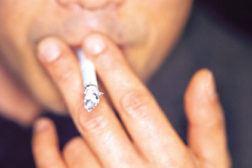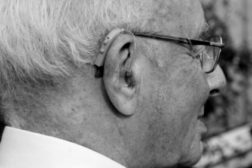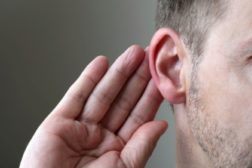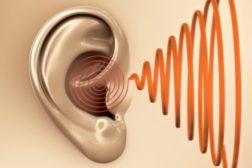Workplace Health
CDC: More needs to be done to contain Ebola
Despite some progress, one new outbreak or cluster a day
November 24, 2014
Most excessive drinkers (90%) did not meet the criteria for alcohol dependence
Prevalence of alcohol dependence among U.S. adult drinkers, 2009-2011
November 24, 2014
Youth smoking rates putting millions at risk of premature death
Great American Smokeout is tomorrow
November 19, 2014
Never miss the latest news and trends driving the safety industry
eNewsletter | Website | eMagazine
JOIN TODAYCopyright ©2024. All Rights Reserved BNP Media.
Design, CMS, Hosting & Web Development :: ePublishing








